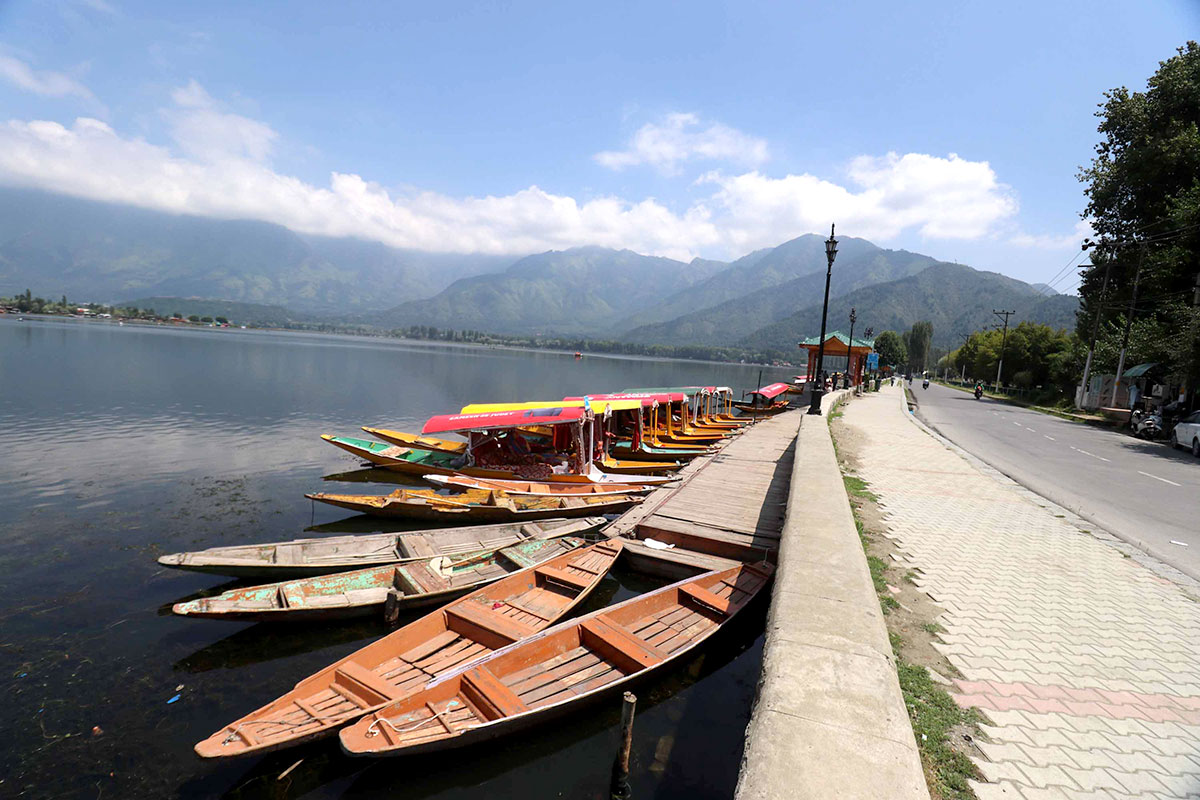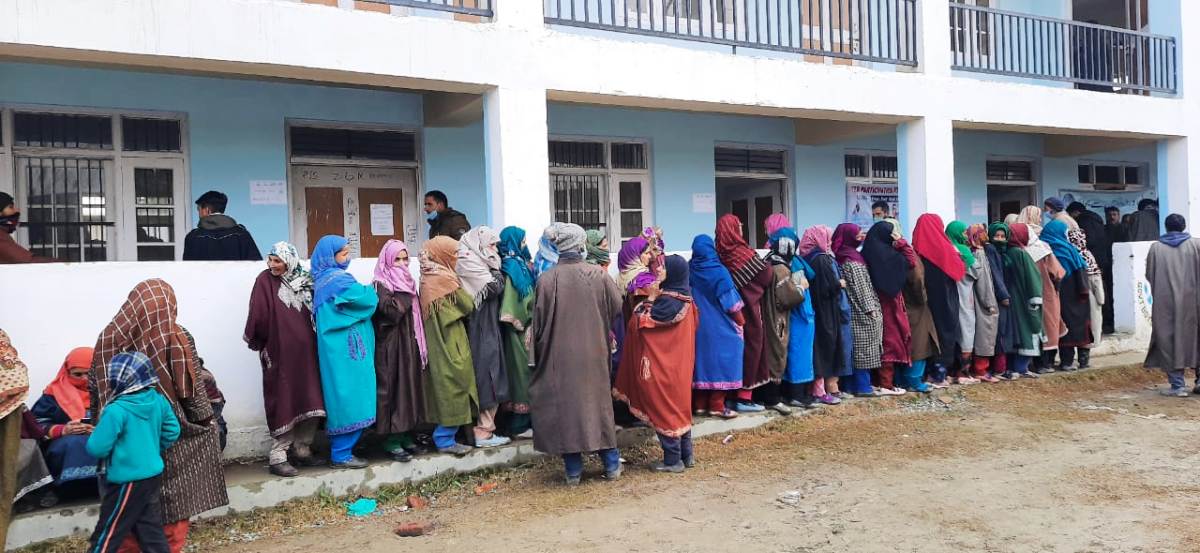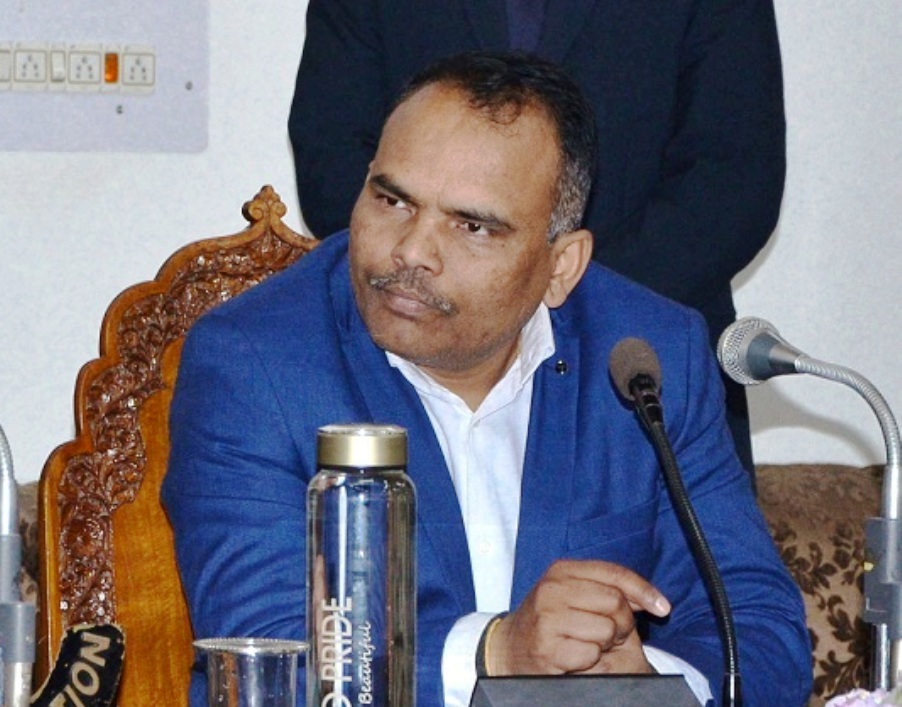SRINAGAR: To alleviate the impact of a 15 percent tariff increase, the Jammu and Kashmir Power Development Department (PDD) has announced the withdrawal of Electricity Duty (ED) in its revised power tariff.
The decision, effective from 1st December 2023, comes following the issuance of a new Tariff Order by the Joint Electricity Regulatory Commission (JERC), Jammu & Kashmir.
The JERC, after thorough consideration and adherence to standard procedures, implemented a 15 percent tariff hike while maintaining fixed charges at their existing levels. Notably, the revised overall tariff rate remains below the actual procurement cost incurred by the corporations in supplying power to consumers.
To safeguard consumers from an increase in their electricity bills, the Government of Jammu and Kashmir has taken a proactive step by withdrawing the 15 percent Electricity Duty previously applied to energy charges in the existing tariff structure. This calculated decision ensures that the overall impact on consumers’ electricity bills is nullified.
A sample calculation for a domestic consumer consuming 500 units per month reveals energy charges of Rs 2185 (calculated at Rs 3.80 per unit, plus 15 percent Electricity Duty), and fixed charges of Rs 40, resulting in a total electricity bill of Rs 2225.
In comparison, the new tariff for 2023-24 sees an increase in energy charges to Rs 2175 (calculated at Rs 4.35 per unit), maintaining fixed charges at Rs 40, resulting in a total electricity bill of Rs 2215.
Notably, despite the 15 percent tariff increase, the withdrawal of the 15 percent Electricity Duty ensures no increase in the final electricity bill for consumers.
In a remarkable move towards enhancing power supply efficiency, the PDD has successfully implemented a series of reforms aimed at delivering improved and high-quality power supply to consumers at an affordable price.
A significant milestone in this reform journey is the restructuring of the power department by unbundling the departmental structure into two Distribution Companies (DISCOMS) and a Transmission Corporation. This long-awaited reform aligns Jammu & Kashmir with other Indian States/UTs, ensuring consumer services are enhanced while ensuring the sustainability of the power sector.
To facilitate this restructuring, a substantial financial package of Rs 5000 Crores was allocated for the comprehensive upgrade of infrastructure under various Central Sector Schemes. This investment aims to create adequate capacities in almost every district, providing regular and quality power supply to citizens.
To ensure that the newly formed corporations are provided with a clean balance sheet, all the outstanding dues on account of power purchase, accumulated to the tune of Rs 30700 Crores over several years, were taken over by the Government and cleared by availing soft loans under GOI Schemes like Atmanirbhar Bharat and LPS Rules 2022. Accordingly, a conducive platform has been provided to the discoms to operate on sound business principles and deliver optimal services to consumers, thereby enhancing overall consumer satisfaction levels.
In the present system as well, the discoms continue to grapple with high losses attributed mainly to power theft, poor metering and low tariff rates, which are a major cause of concern not only for the department but also threaten the overall efficiency of the sector. The high Aggregate Technical & Commercial (AT&C) losses, reaching 44 percent in Jammu and 58 percent in Kashmir as compared to the national average of 16.44 percent, have left DISCOMS unable to meet power purchase expenses, leaving aside other critical expenditures like Operations & Maintenance (O&M) and capital investments, which still continue to be supported by Government.
To ensure the financial sustainability of the power sector, even GOI has launched schemes like the Revamped Distribution Sector Scheme (RDSS) where-under conditional grants linked to the performance of discoms on certain pre-defined parameters have been provisioned.
The parameters which are required to be maintained for maintaining the proper fund flow under the schemes, the DISCOMS need to implement crucial measures such as adopting cost-reflective tariffs, reducing AT&C losses, reducing ACS-ARR Gap and various other reforms to ensure the financial sustainability of the sector, thereby ensuring uninterrupted power supply in line with the evolving living standards of consumers. In today’s modern era, as the entire country progresses towards a digital India with a focus on on-demand services, the power sector is no exception.















